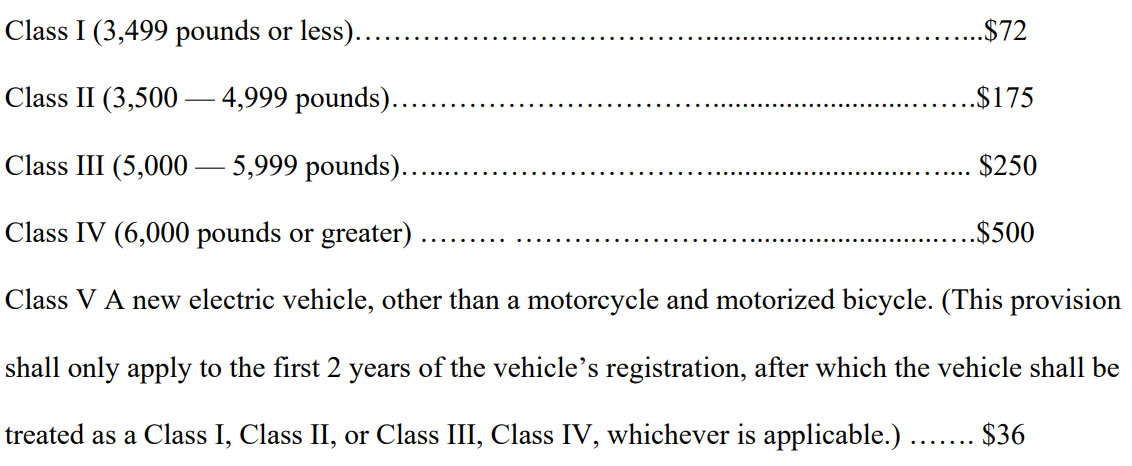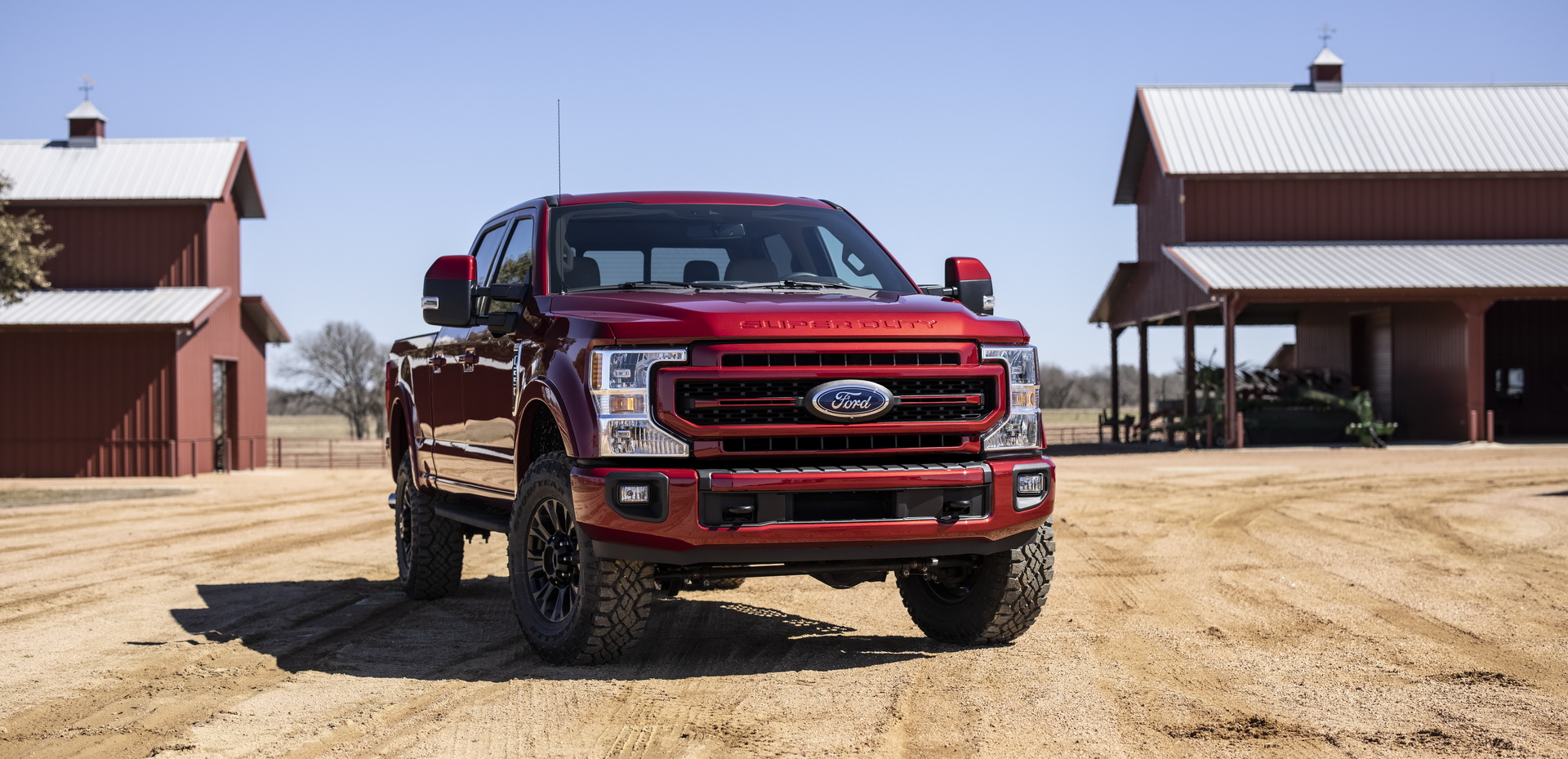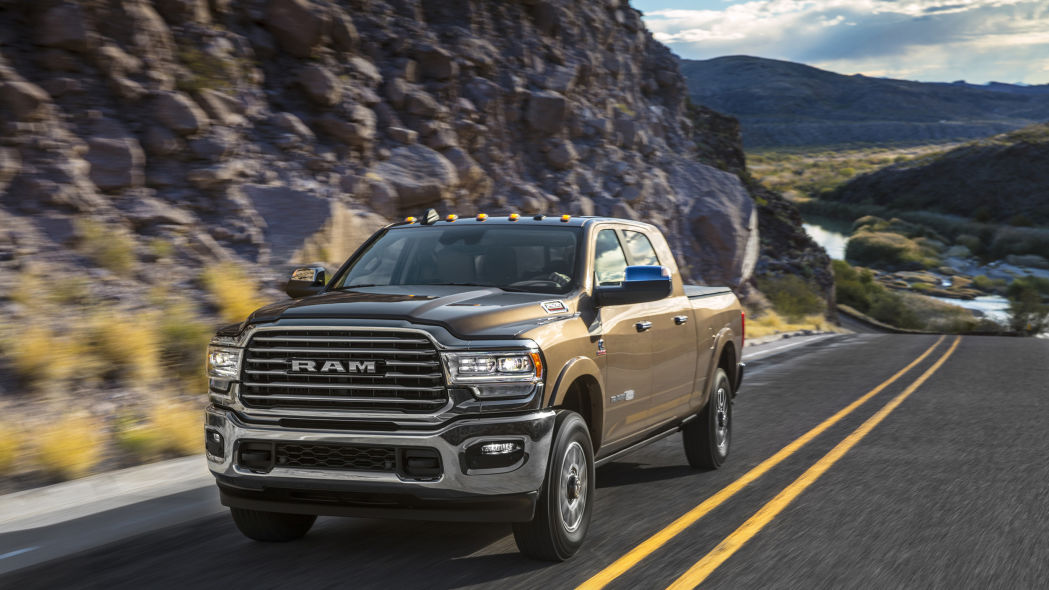Washington, D.C. could enact a stricter ‘fat tax’ that penalizes vehicles based on how much they weigh.
The proposal sounds like something dreamed up by Mazda Miata engineers, but it would result in higher vehicle registration fees based on the shipping weight supplied by manufacturers.
Vehicles weighing 3,499 lbs (1,587 kg) or less would be charged $72, while models weighing between 3,500-4,999 lbs (1,588-2,267 kg) would cost $175. That would jump to $250 for models weighing between 5,000-5,999 lbs (1,589-2,721 kg), before topping out at $500 for vehicles weighing 6,000 lbs (2,722 kg) or more. This means models falling into the heaviest category would see their registration fee climb by $345 annually.
Also Read: The GMC Hummer EV Weighs 9,063 Lbs, Its Battery Alone Is Heavier Than A Mazda Miata
The real kicker is that the increased fees would also apply to electric vehicles, which depend on heavy lithium-ion battery packs. That sounds pretty boneheaded, but owners would get some relief as the registration fee would be $36 for the first two years, before being charged according to their weight with 1,000 lbs (454 kg) knocked off to help compensate for the battery. However, it’s worth noting the battery pack in the GMC Hummer EV weighs 2,923 lbs (1,326 kg), so that weight credit does diddly squat.
Passenger vehicles aren’t the only ones being targeted as the proposal would also punish those who own heavy commercial vehicles, tractors, or passenger carrying vehicles for hire. For them, the fee would start at $125 and climb to $700 for vehicles tipping the scales at 10,000 lbs (4,536 kg) or more. However, there’s an added ‘tax’ as the city would tack on an extra $50 for every 1,000 lbs (454 kg) over 10,000 lbs (4,536 kg).
Councilmember Mary Cheh wasn’t shy about targeting heavy trucks and SUVs as she told Bloomberg, “You can’t ban sales of these things, but you can make them pay their own way.” She also suggested this was being done in the name of safety as “When cars and pedestrians or cyclists come into contact, we know that the heavier the car, the worse the accident will be.”
Regardless of how you feel about the proposal, it probably doesn’t hurt that the move would result in approximately $40 million of new revenue for the city over the course of the next five years. Given that, it’s not surprising the proposal has reportedly “sailed through D.C.’s city council, receiving unanimous approval first from the Committee on Transportation and the Environment and then as part of the city’s overall budget package, which was approved this week.”







